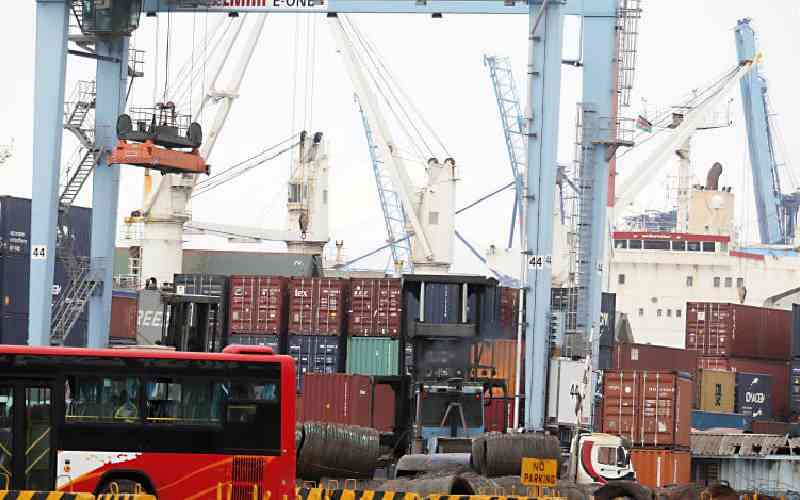×
The Standard e-Paper
Stay Informed, Even Offline

Freight fees that could accrue to local firms end up overseas, hence denying our economy much-needed revenue. [Omondi Onyango, Standard]
Although Kenya has enacted several shipping-related laws over the last 15 years, the area of cabotage law remains untouched despite its potential economic and security benefits.